We all hold our pee sometimes for various reasons. It could be because you're right in the middle of something important or not near a bathroom. Holding your pee in for too long can lead to bladder infections and other serious consequences.
Adult bladders can hold up to 2 cups of urine before the body needs to relieve itself.
On average, you should be peeing around eight times a day.
So what happens to your body when you hold your pee regularly?
Adult bladders can hold up to 2 cups of urine before the body needs to relieve itself.
On average, you should be peeing around eight times a day.
So what happens to your body when you hold your pee regularly?
1. Weak pelvic floor muscles
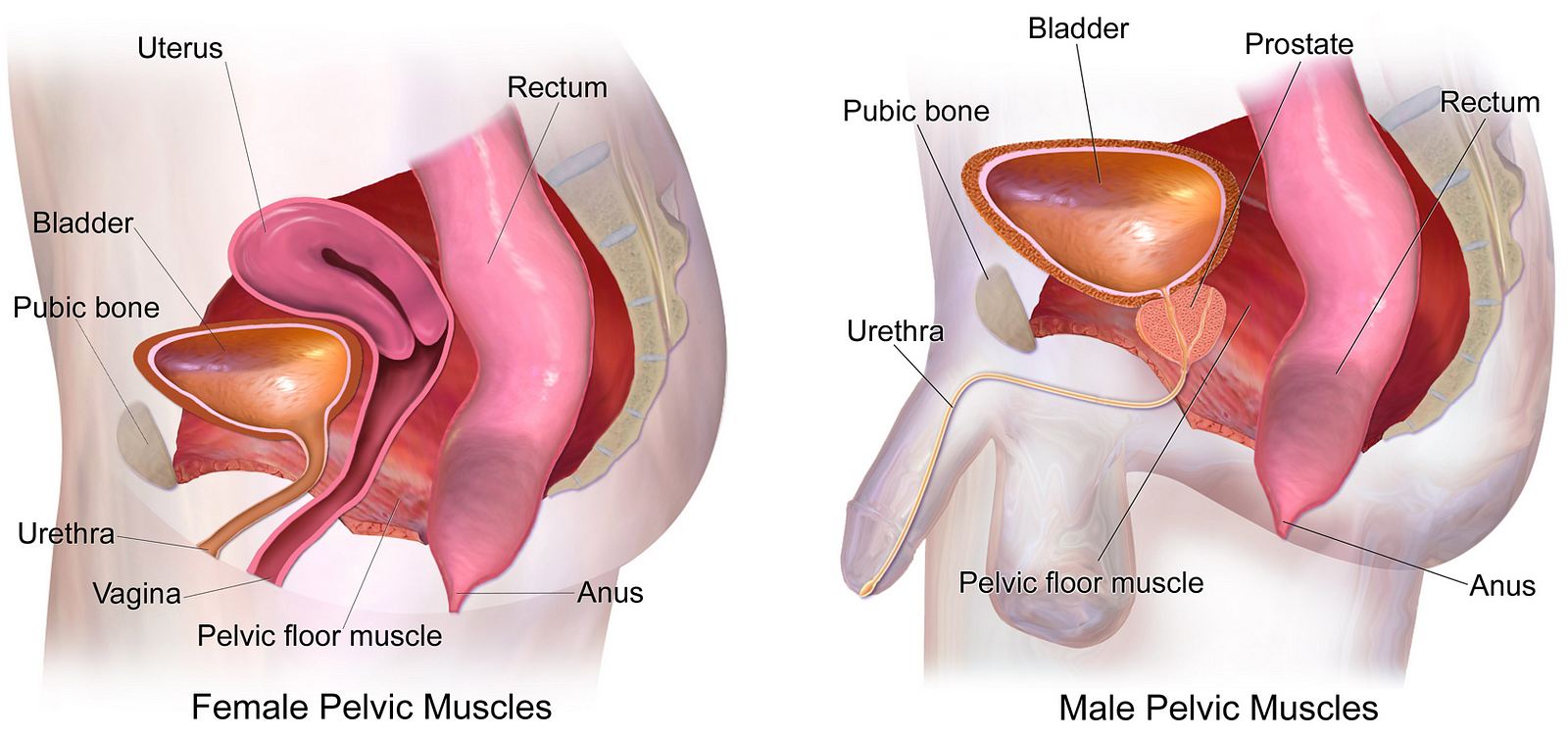 |
| Weak pelvic floor muscles |
If you're continually holding urine, you can end up with dysfunction of your pelvic floor muscles and can lead to loss of control of your bladder functions.
Constantly holding in your pee can weaken your bladder muscles, which could lead to pee leak and other problems.
2. Weak bladder muscles
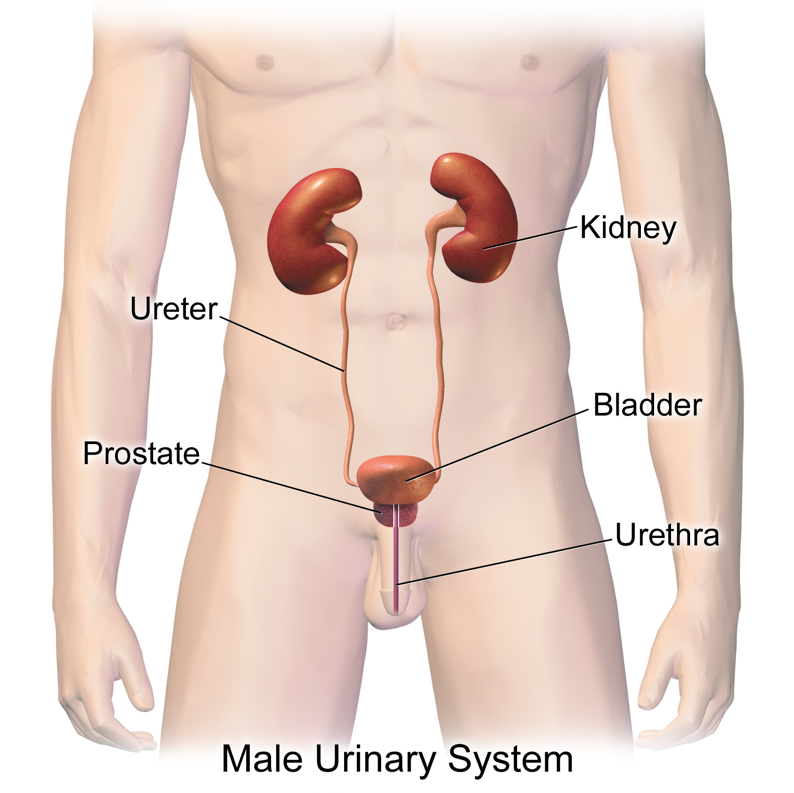 |
| Weak bladder muscles |
3. Bladder stretching
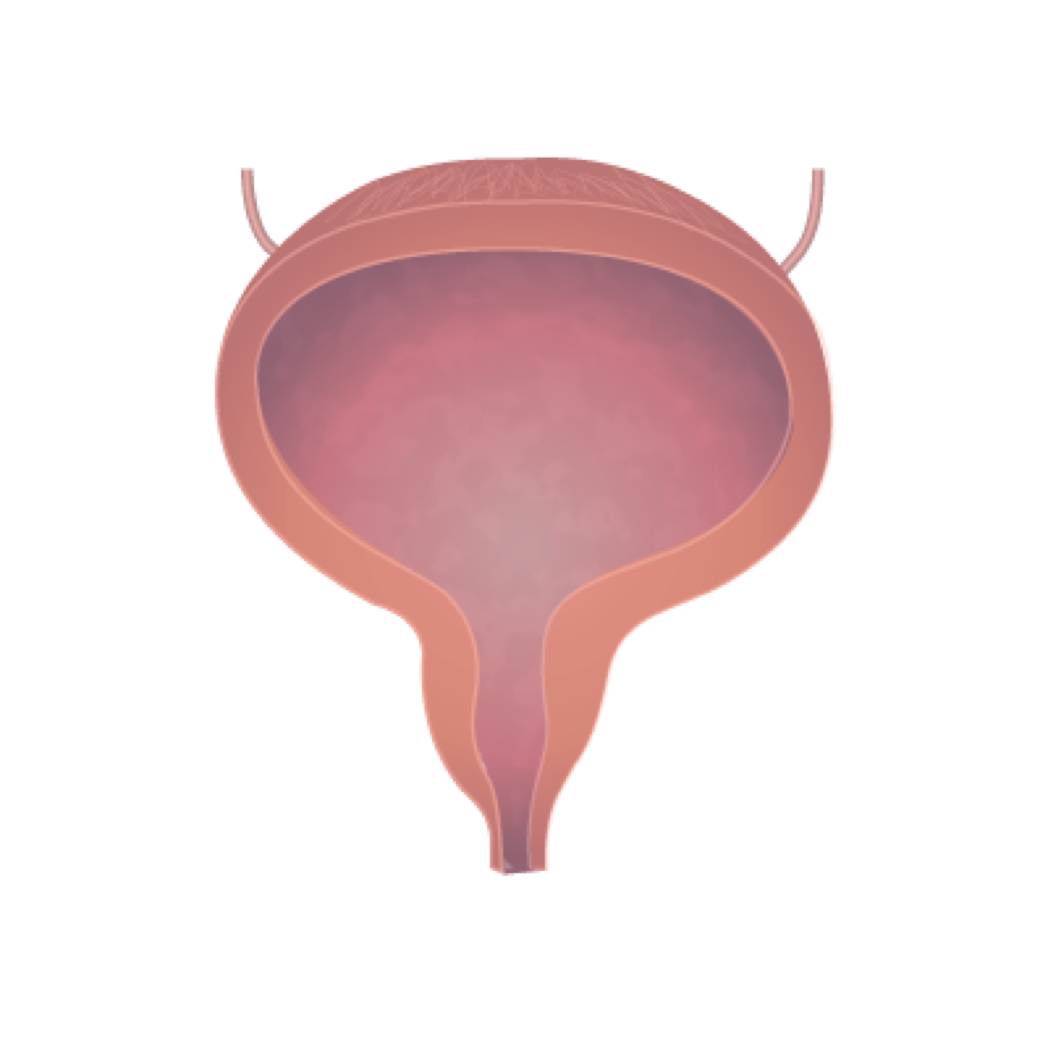 |
| Bladder stretching |
Bladder stretching means that your bladder is getting weak. This make it difficult for the bladder to contract and release pee normally.
4. Your Sphincters Close
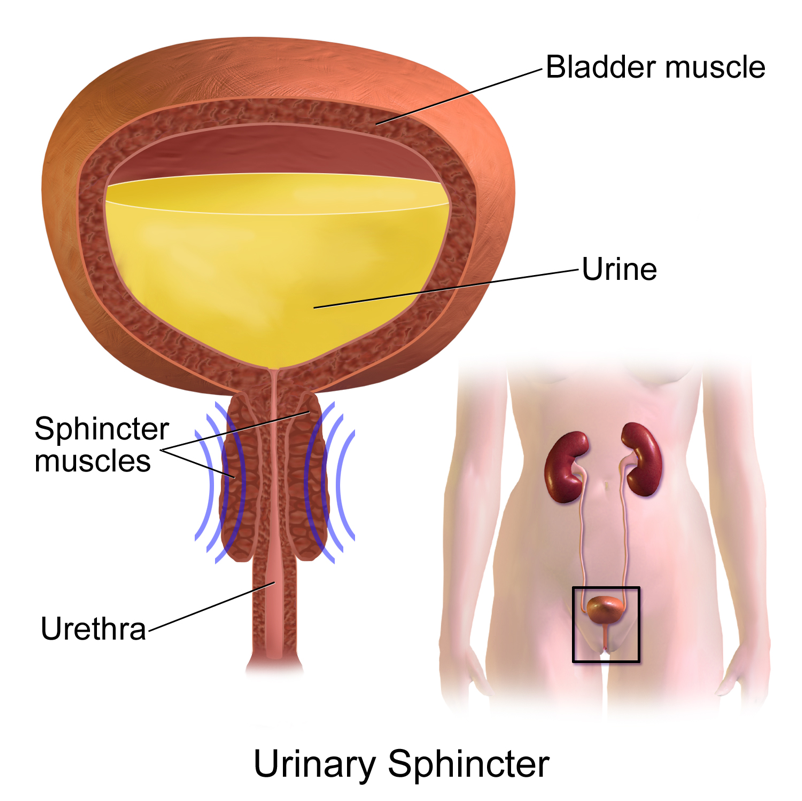 |
| Your Sphincters Close |
When you hold your pee, which can cause pressure in the bladder, it makes your sphincters close up tightly to keep all of your urine inside of your bladder.
This can lead to damage to urinary sphincters.
This can lead to damage to urinary sphincters.
5. Growth of bacteria
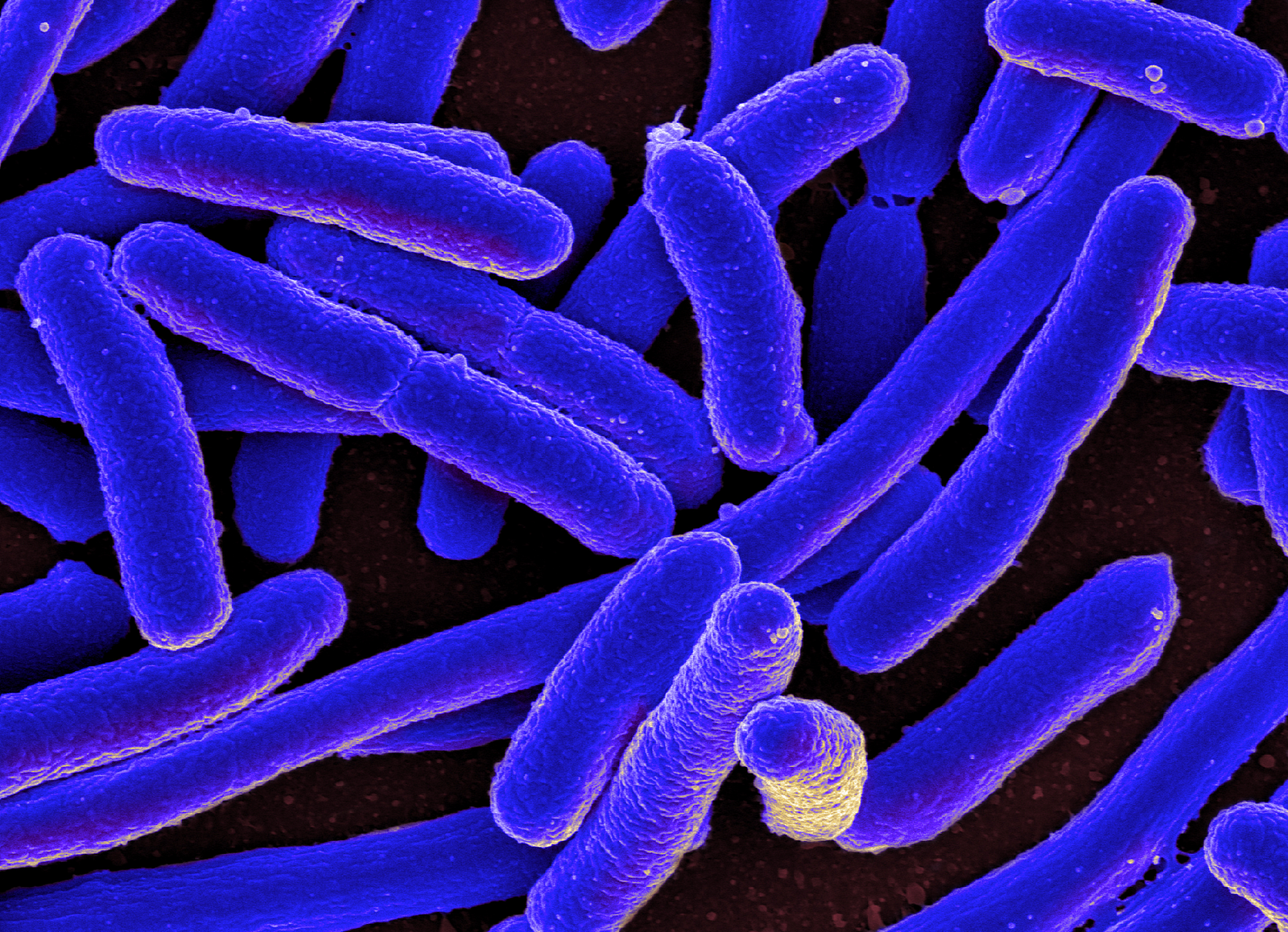 |
| Growth of bacteria |
Holding in pee for too long can cause bacteria to multiply that can lead to urinary tract infection (UTI) or bladder infection.
6. You Can Get Cystitis
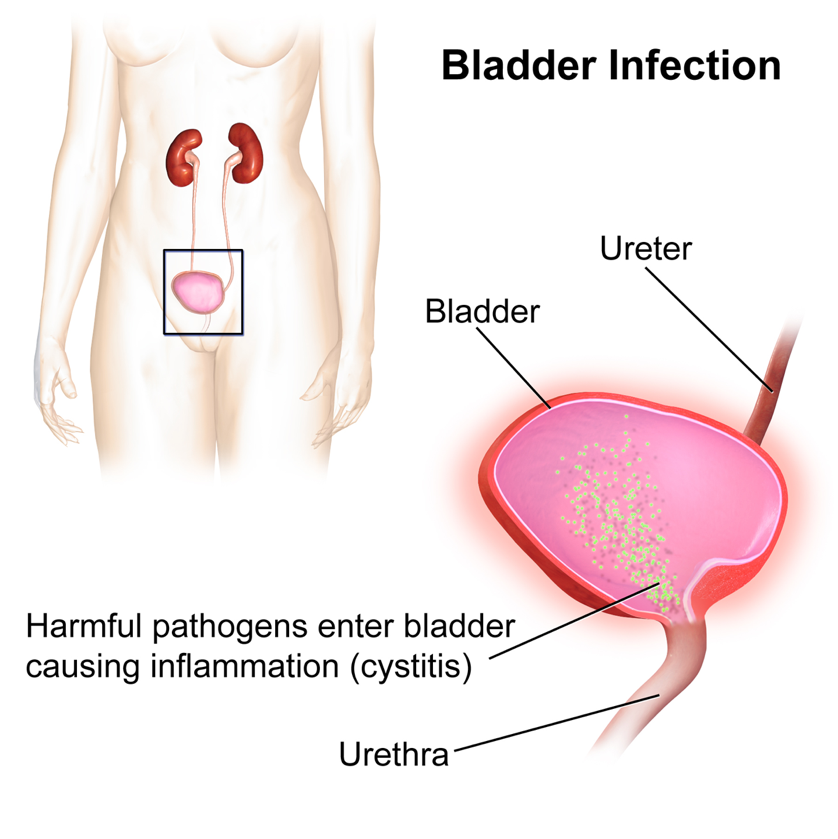 |
| You can get cystitis |
Cystitis is an inflammation of your bladder walls. Inflammation is where part of your body becomes irritated, red, or swollen.
The symptoms are the need to urinate frequently and pain when you pee.
The symptoms are the need to urinate frequently and pain when you pee.
7. Kidney stones
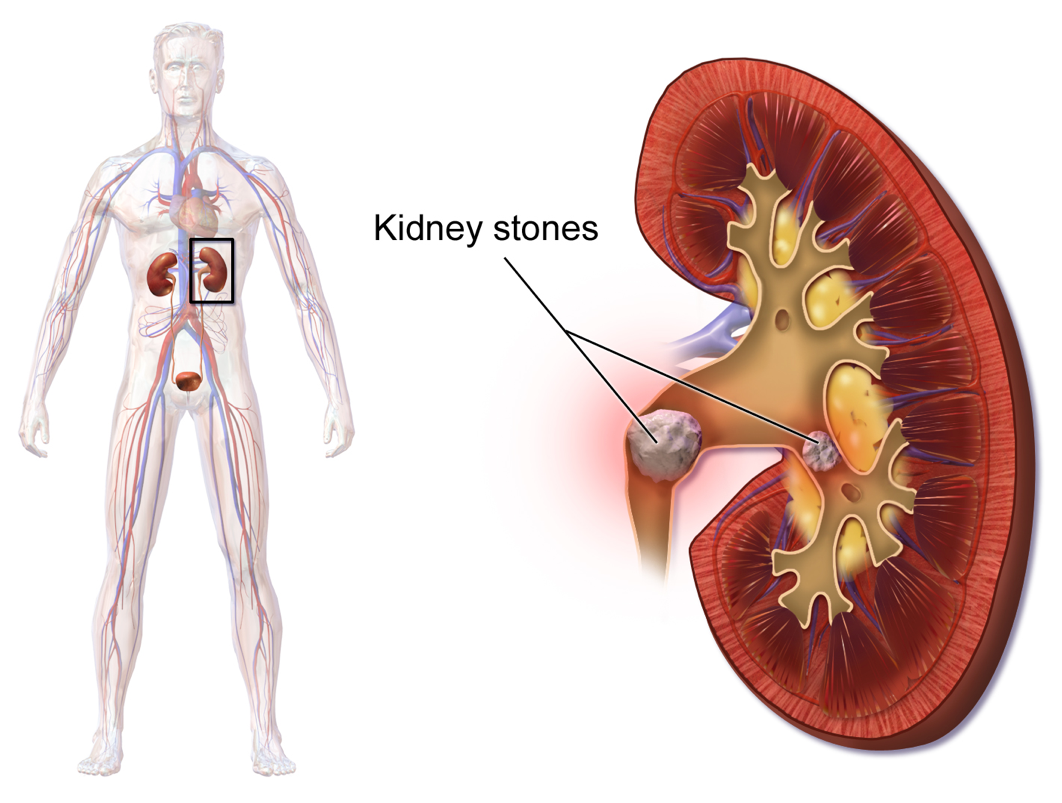 |
| Kidney stones |
Urine contains minerals such as calcium oxalate and uric acid.
Holding in pee may cause kidney stones to form in people who have a high mineral content in their urine.
Holding in pee may cause kidney stones to form in people who have a high mineral content in their urine.
8. Pain
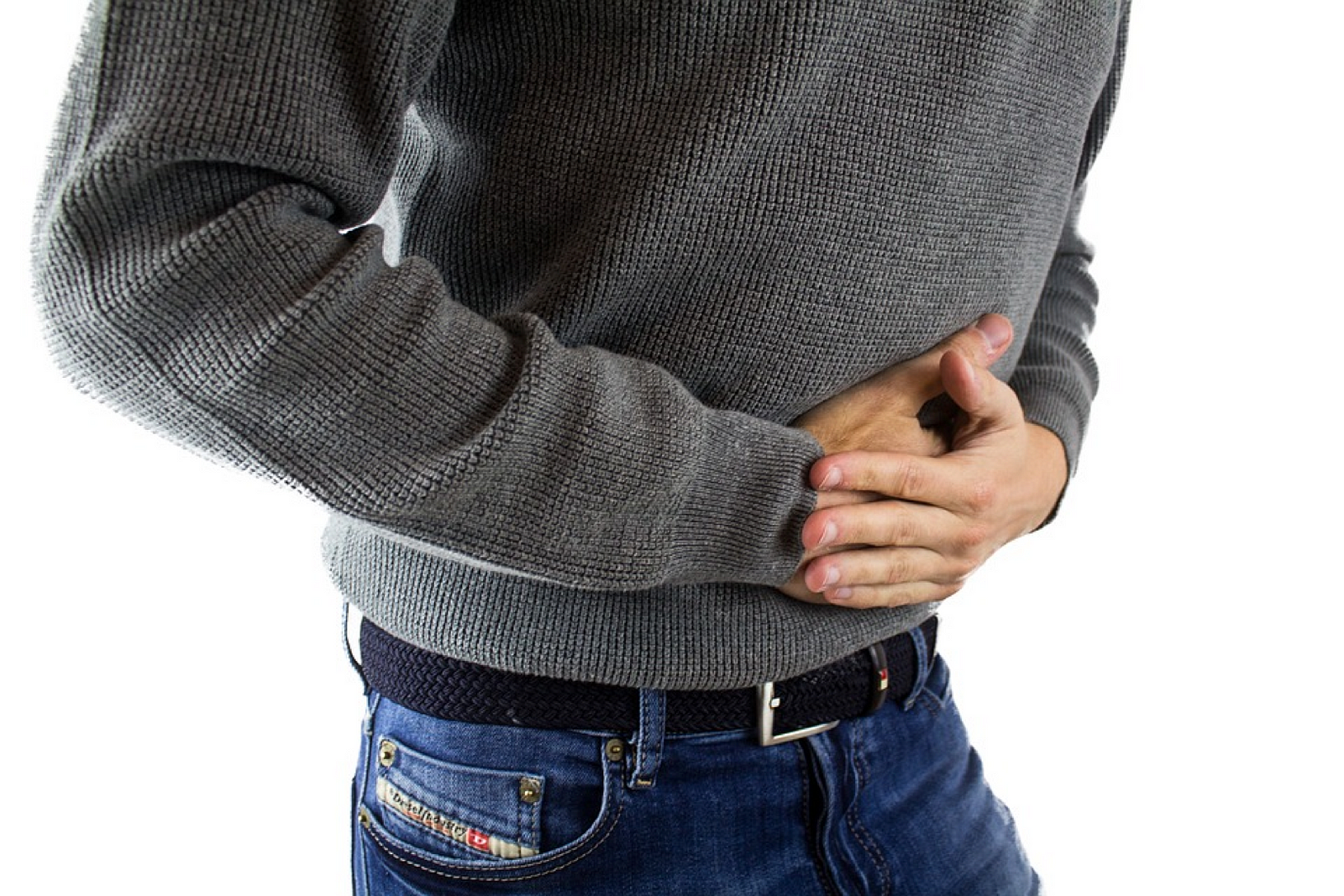 |
| Pain |
When you hold your pee for too long then there is a chance that you may feel pain in the bladder or kidneys.
Urinating may also hurt and the muscles may stay clenched after the urine is released. This can lead to pelvic cramps.
Urinating may also hurt and the muscles may stay clenched after the urine is released. This can lead to pelvic cramps.
9. Your Kidneys Can Become Damaged
If urine travels back up the tubes that connect your bladder to your kidneys, it can cause kidney damage and infections.
10. Your Bladder Could Burst
 |
| Your Bladder Could Burst |
It's very rare for the bladder to rupture just from holding on but some people actually do burst their bladders.
These rare cases happen to those who already have damaged their bladders.
It's highly unlikely that the bladder will burst and it's not something you need to be worried about.
These rare cases happen to those who already have damaged their bladders.
It's highly unlikely that the bladder will burst and it's not something you need to be worried about.
#pee #holdingpee #urine #urineinfection #bladderinfection #bladder #bladderhealth #cystitis #kidney #kidneydisease #kidneys #health #healthtips #healthyliving #healthylifestyle
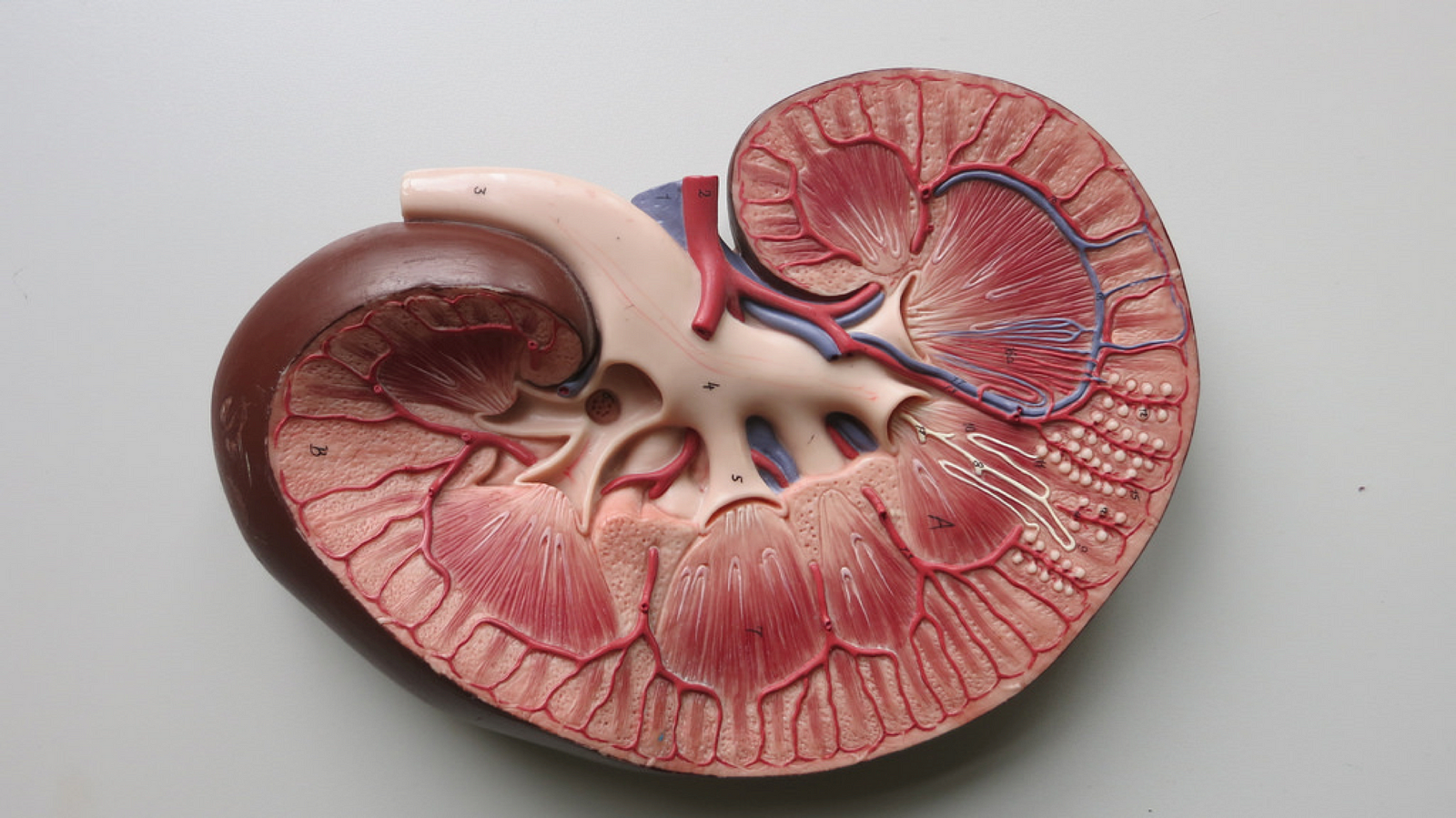
Comments
Post a Comment